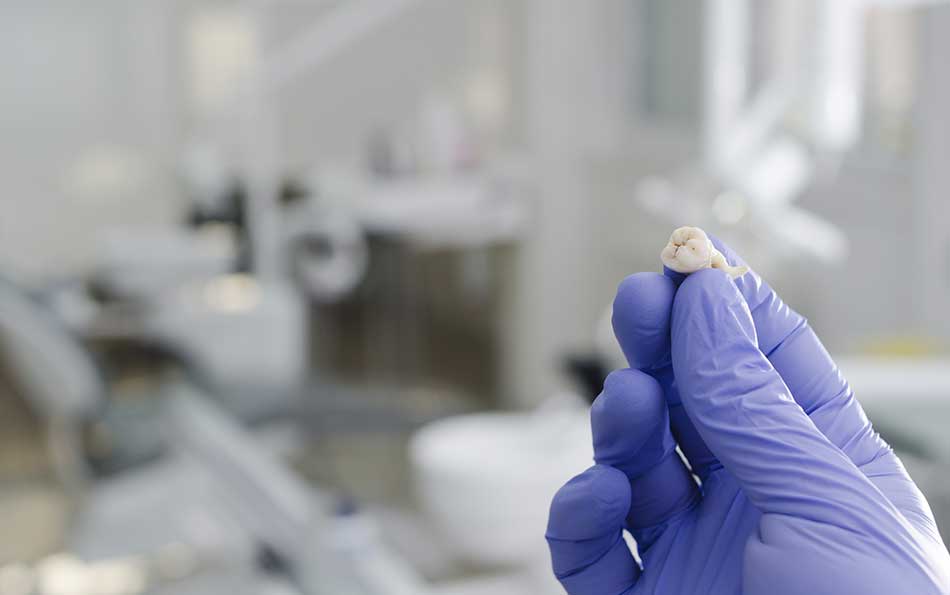Wisdom tooth removal is an issue people go back and forth on when a wisdom tooth isn’t causing any pain. Future worries about how a wisdom tooth may affect surrounding teeth are often the basis for deciding to remove it.
Wisdom Tooth Removal Discussed in Science Daily
In a Science Daily article, a medical professional discusses the issue of whether to remove wisdom teeth that aren’t causing any pain.
First of all, it’s important to understand that when you decide on wisdom tooth removal, there are potential risks. While fairly uncommon, there are risks for infection or nerve damage.
Nerve damage can occur in the lip and chin. When a wisdom tooth is located near a nerve, there’s a certain amount of risk that the tooth or a surgical instrument could damage the nerve. The patient could experience numbness or tingling in the jaw or even the tongue because some nerves near teeth also provide sensation to the tongue.
According to the author, people who are 26 and older are at greater risk for infection than younger patients. Smokers also appear to be at greater infection risk. However, rinsing the cavity where the tooth used to be with tap water often effectively prevented infection and is a cheap, simple remedy.
Conclusion to the Study
As you might suspect, no “one” answer exists that’s right for everyone. Each case is individual and should be evaluated as such. Your dentist can explain if there are factors that put you at greater risk for nerve damage along with whether surrounding teeth seem like they would be adversely affected by the wisdom teeth.
Oral and maxillofacial surgeon Hossein Ghaeminia of Radboud University Medical Center has written a pamphlet based on his study that benefits dentists and patients. It’s wise to understand the pros and cons so you can make the best decision.
Dr. Baker can provide you with information that can help you make an informed decision about wisdom tooth removal.







Recent Comments